Tomatoes
-

The purpose of this publication is to introduce the problem of blossom-end rot and provide a guide to effectively diagnose and treat this problem.
Bob Westerfield, Joshua Mayfield, and W. Terry Kelley
|
-

This publication gives both consumers and small vegetable farm growers options for providing support to their tomatoes in the vegetable garden. The circular covers the basics of how to successfully use different systems of staking to support tomatoes, how to prune and manage tomato plants for a healthier crop, and the benefits of pruning.
Bob Westerfield
|
-
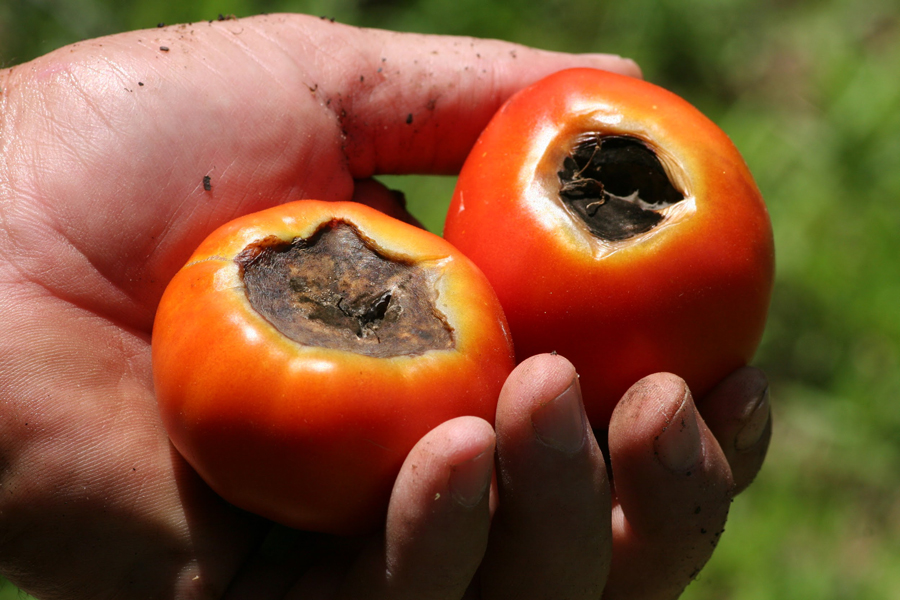
This publication is intended for general use audiences, including homeowners, civic groups, and master gardeners. It covers the basic troubleshooting procedures for solving common problems while growing tomatoes. It includes a description of both cultural and physiological problems and solutions.
Bob Westerfield
|
-

This resource provides information for producers interested in commercial tomato production, and included information to help improve the profitability of their operations, whether they are new or experienced producers.
Ted McAvoy and Timothy Coolong
|
-
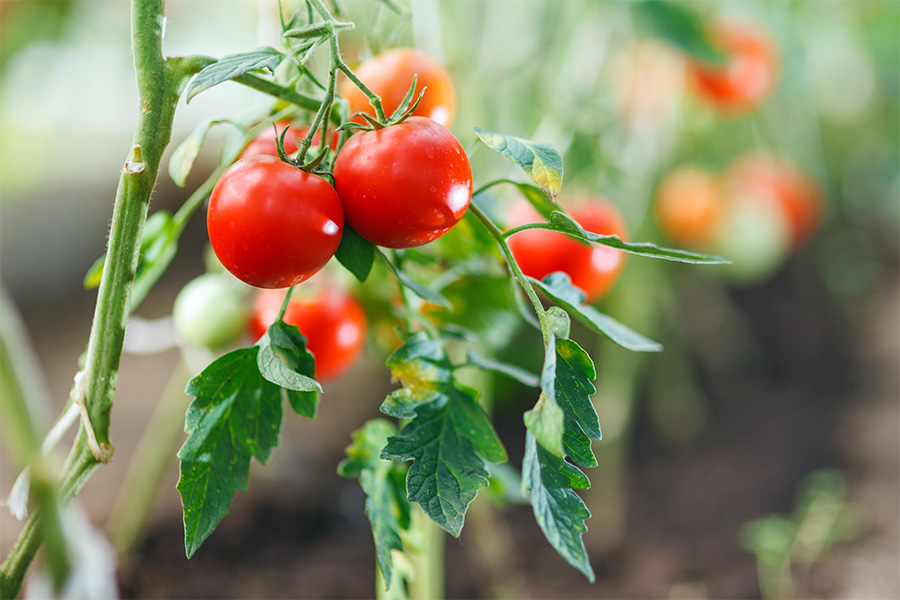
B 1271
Georgia Homegrown Tomatoes
This publication discusses the basics of growing tomatoes successfully, as well as avoiding common problems encountered by the home gardener.
Bob Westerfield
|
-
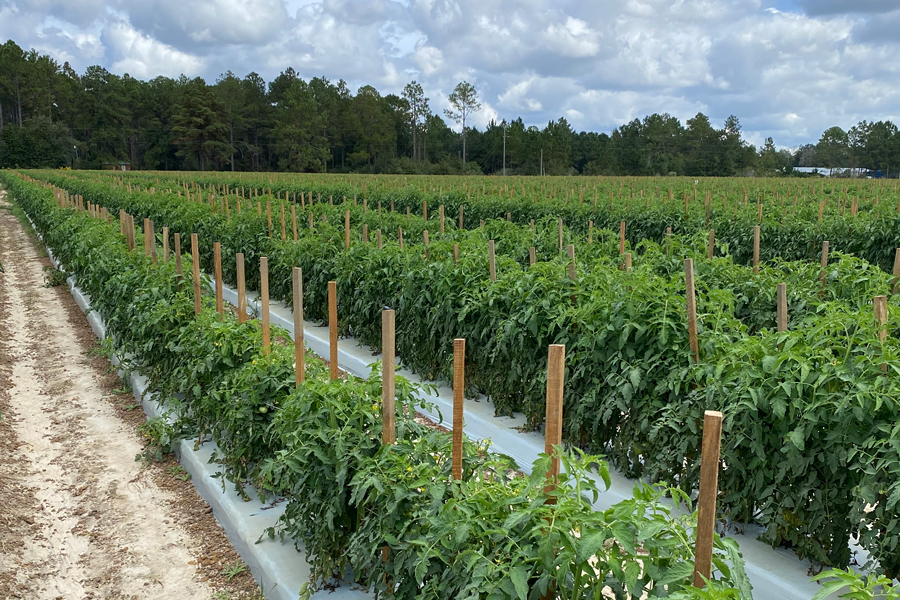
A soil test is a chemical technique used to determine the status of available nutrients in a soil sample. It is a common method used to predict how soils will react to the addition of lime or fertilizer and calculate how much of each is required for crop production.
Timothy Coolong, Ty Torrance, Ted McAvoy, and Manisha Kumari
|
-
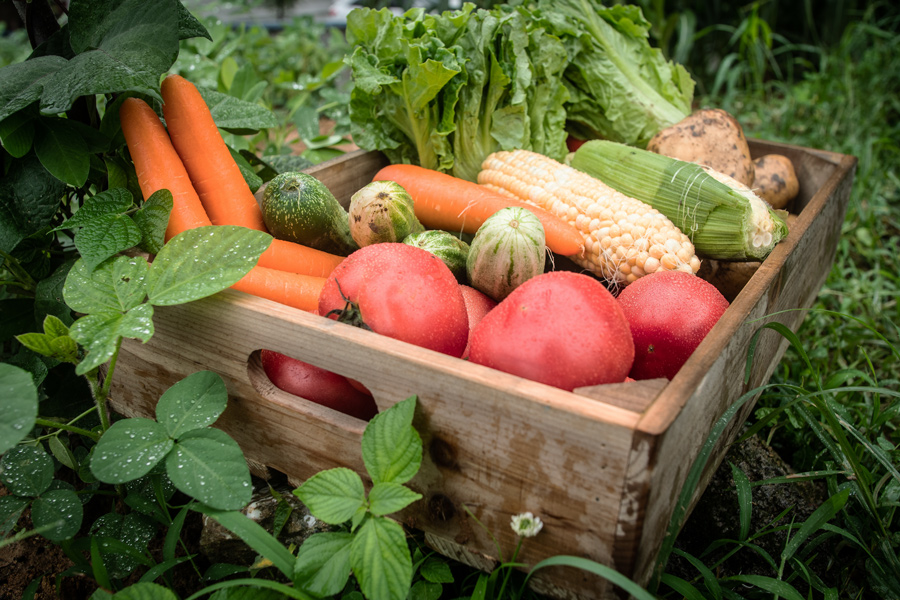
This publication lists vegetable variety recommendations for the state of Georgia. Most of these varieties have been trialed and grown successfully in the state. These are not the only varieties that can grow well in Georgia but provide new gardeners with a starting point to increase their chances of success. Gardeners may need to search print catalogs and online to find the vegetables they are looking for, as local garden centers may not always carry the varieties listed here.
Bob Westerfield
|
-
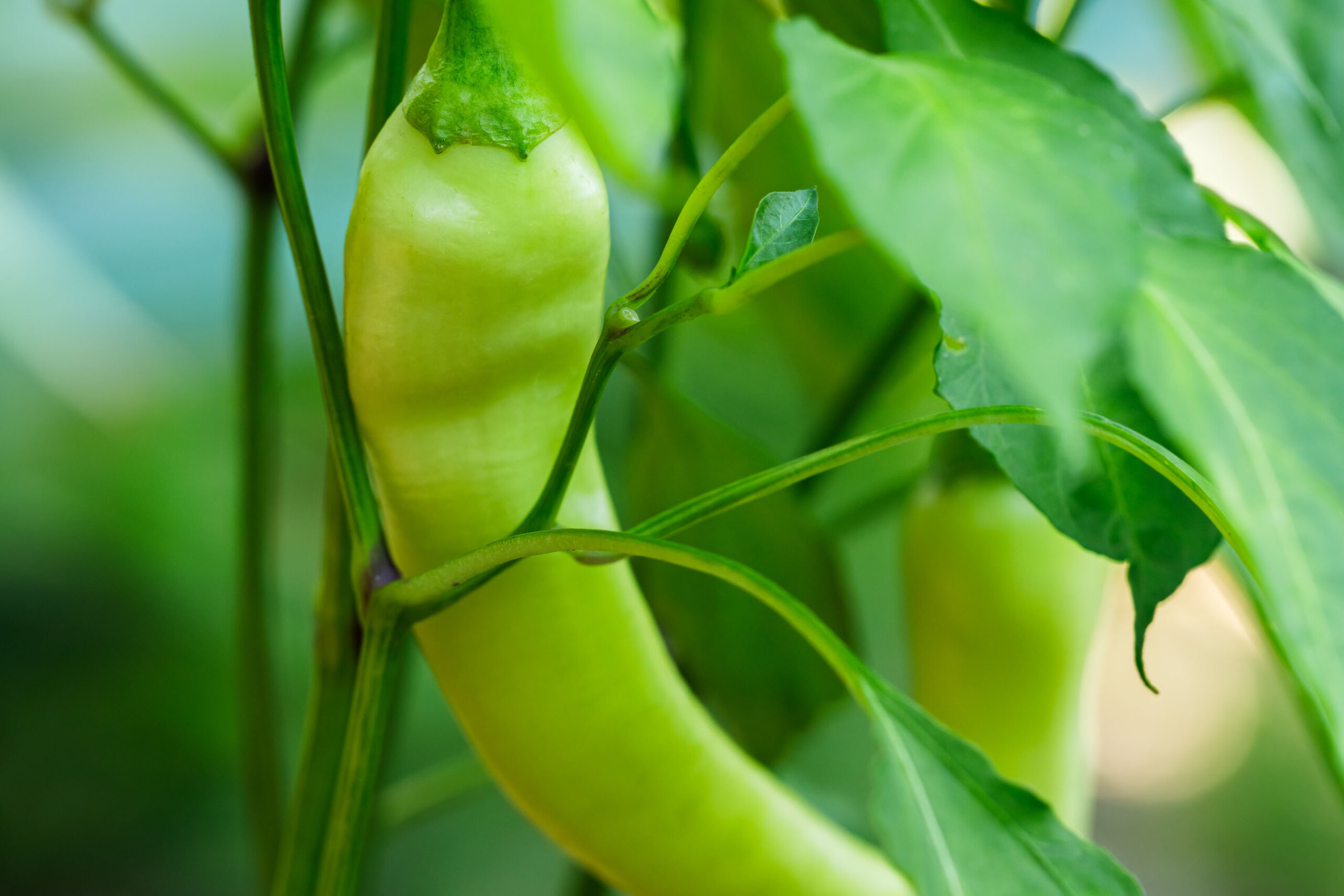
This publication discusses heirloom vegetable choices and some of the common issues that growers may encounter when growing heirloom vegetables in a home garden setting. Additional author: Whitney Richardson, University of Georgia Center for Urban Agriculture, with technical assistance from Makenzie English, University of Georgia Department of Horticulture Program Assistant.
Bob Westerfield
|
-
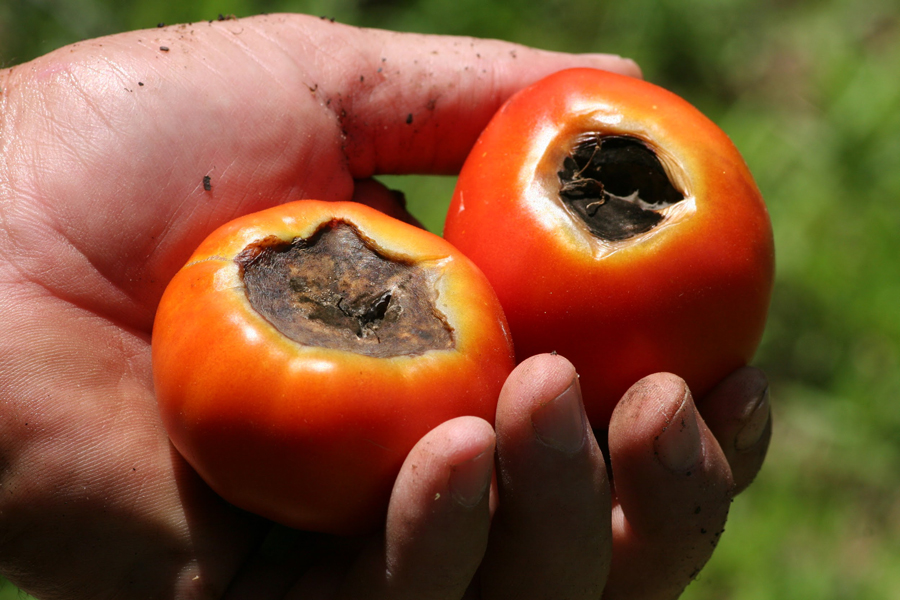
El tomate es una de las hortalizas más populares que se cultivan en el huerto familiar. Si bien las plantas de tomate pueden producir una gran cantidad de frutas saludables y deliciosas, su cultivo puede resultar frustrante. Además de las enfermedades e insectos más comunes que atacan a los tomates en el huerto, también pueden ocurrir varios padecimientos asociados con las labores culturales. Es importante el reconocer esas afecciones fisiológicas rápidamente para poder prevenirlas y así obtener frutos sanos. Title in English: Troubleshooting Cultural Problems in Tomatoes.
This publication is intended for general use audiences, including homeowners, civic groups, and master gardeners. It covers the basic troubleshooting procedures for solving common problems while growing tomatoes. It includes a description of both cultural and physiological problems and solutions.Bob Westerfield and Alejandra Maria Jimenez Madrid
|